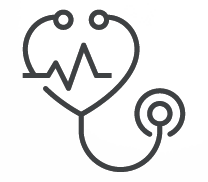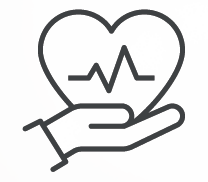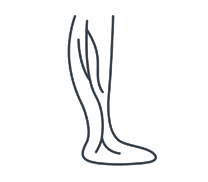Now open full-time!
Experiencing leg pain from varicose veins, spider veins, or DVT? What about a tightness in your chest, shortness of breath, or palpitations due to a heart condition? Our experienced vein specialists and cardiologists can provide the relief and treatment you’re seeking at our new cardiovascular center near you in Cedar City, UT. Call or contact Heart of Dixie Cardiology & Vein and Vascular Center to schedule a consultation appointment!












